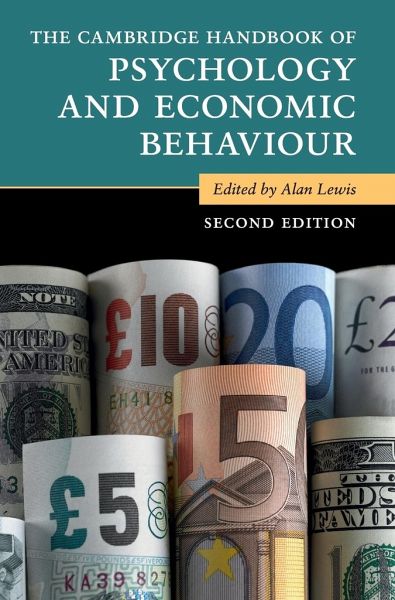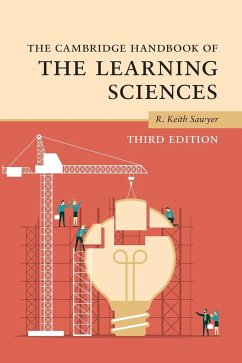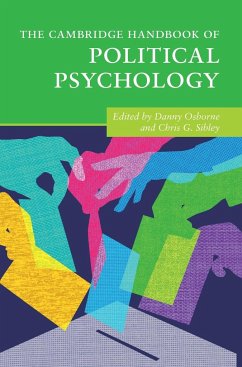
The Cambridge Handbook of Psychology and Economic Behaviour
Versandkostenfrei!
Versandfertig in 1-2 Wochen
68,99 €
inkl. MwSt.
Weitere Ausgaben:

PAYBACK Punkte
34 °P sammeln!
There has recently been an escalated interest in the interface between psychology and economics. The Cambridge Handbook of Psychology and Economic Behaviour is a valuable reference dedicated to improving our understanding of the economic mind and economic behaviour. Employing empirical methods - including laboratory and field experiments, observations, questionnaires and interviews - the Handbook provides comprehensive coverage of theory and method, financial and consumer behaviour, the environment and biological perspectives. This second edition also includes new chapters on topics such as ne...
There has recently been an escalated interest in the interface between psychology and economics. The Cambridge Handbook of Psychology and Economic Behaviour is a valuable reference dedicated to improving our understanding of the economic mind and economic behaviour. Employing empirical methods - including laboratory and field experiments, observations, questionnaires and interviews - the Handbook provides comprehensive coverage of theory and method, financial and consumer behaviour, the environment and biological perspectives. This second edition also includes new chapters on topics such as neuroeconomics, unemployment, debt, behavioural public finance, and cutting-edge work on fuzzy trace theory and robots, cyborgs and consumption. With distinguished contributors from a variety of countries and theoretical backgrounds, the Handbook is an important step forward in the improvement of communications between the disciplines of psychology and economics that will appeal to academic researchers and graduates in economic psychology and behavioral economics.














